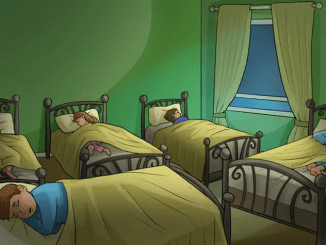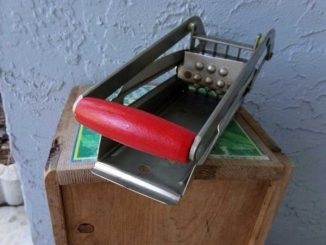Puzzles have an incredible way of engaging our minds, offering both entertainment and mental stimulation. Whether it’s a challenging riddle, a brain-teasing math problem, or a visual puzzle, they tap into our curiosity and problem-solving abilities. The allure of solving something tricky keeps us hooked, making us want to explore deeper and think more creatively. Not only are puzzles fun, but they also help sharpen our focus, improve cognitive function, and provide a satisfying sense of accomplishment once solved. It’s no wonder puzzles have such a strong and enduring appeal.

At first glance, this puzzle might seem simple, but the challenge lies in solving the equation correctly by assigning the right values to each animal. The visual representations of chickens, ducks, and foxes hide an underlying mathematical logic. Let’s break it down step by step to see how it works.
1. Understanding the First Equation: Three Chickens
The first row of the image shows three chickens adding up to 12. Here’s the equation:
Chicken + Chicken + Chicken = 12
To find out what one chicken represents, we simply divide 12 by 3:
Chicken = 12 ÷ 3 = 4
So, each chicken is worth 4.
2. Cracking the Second Equation: Three Ducks
On the second row, we see three ducks multiplied together, and the result is 8:
Duck × Duck × Duck = 8
To find the value of one duck, we need to figure out what number, when multiplied by itself three times, equals 8. The cube root of 8 is 2, meaning:
Duck = 2
Thus, each duck is valued at 2.
3. Solving the Third Equation: Three Foxes
In the third row, there are three foxes that add up to 15:
Fox + Fox + Fox = 15
Dividing 15 by 3 gives us the value of one fox:
Fox = 5
So, each fox is worth 5.
4. The Final Puzzle: Chicken – Duck × Fox
Now that we know the value of each animal, let’s tackle the last equation. The final equation asks us to substitute these values into the following expression:
Chicken – Duck × Fox = ?
Substituting the values, we get:
4 – 2 × 5
Remember the order of operations (PEMDAS/BODMAS) dictates that multiplication comes before subtraction. So, first multiply the duck and the fox:
2 × 5 = 10
Then, subtract this result from the chicken’s value:
4 – 10 = -6
The correct answer to the puzzle is -6.
Conclusion
This tricky picture puzzle is a fun test of basic arithmetic and attention to detail. By applying simple logic and following the order of operations, we can see that the final answer is -6. Did you get it right? If so, well done! If not, no worries—this type of puzzle is meant to challenge your mind and improve your problem-solving skills.


